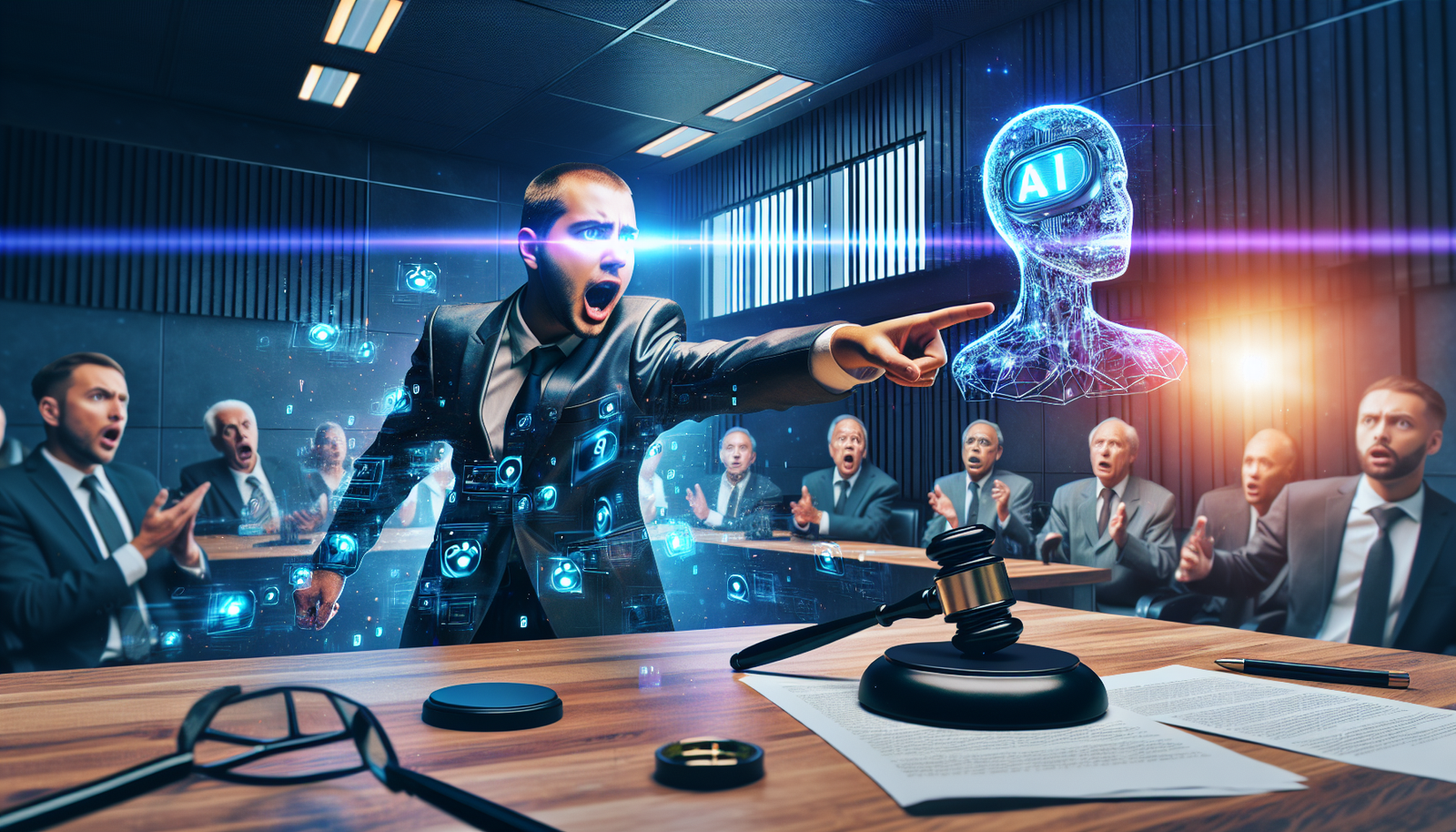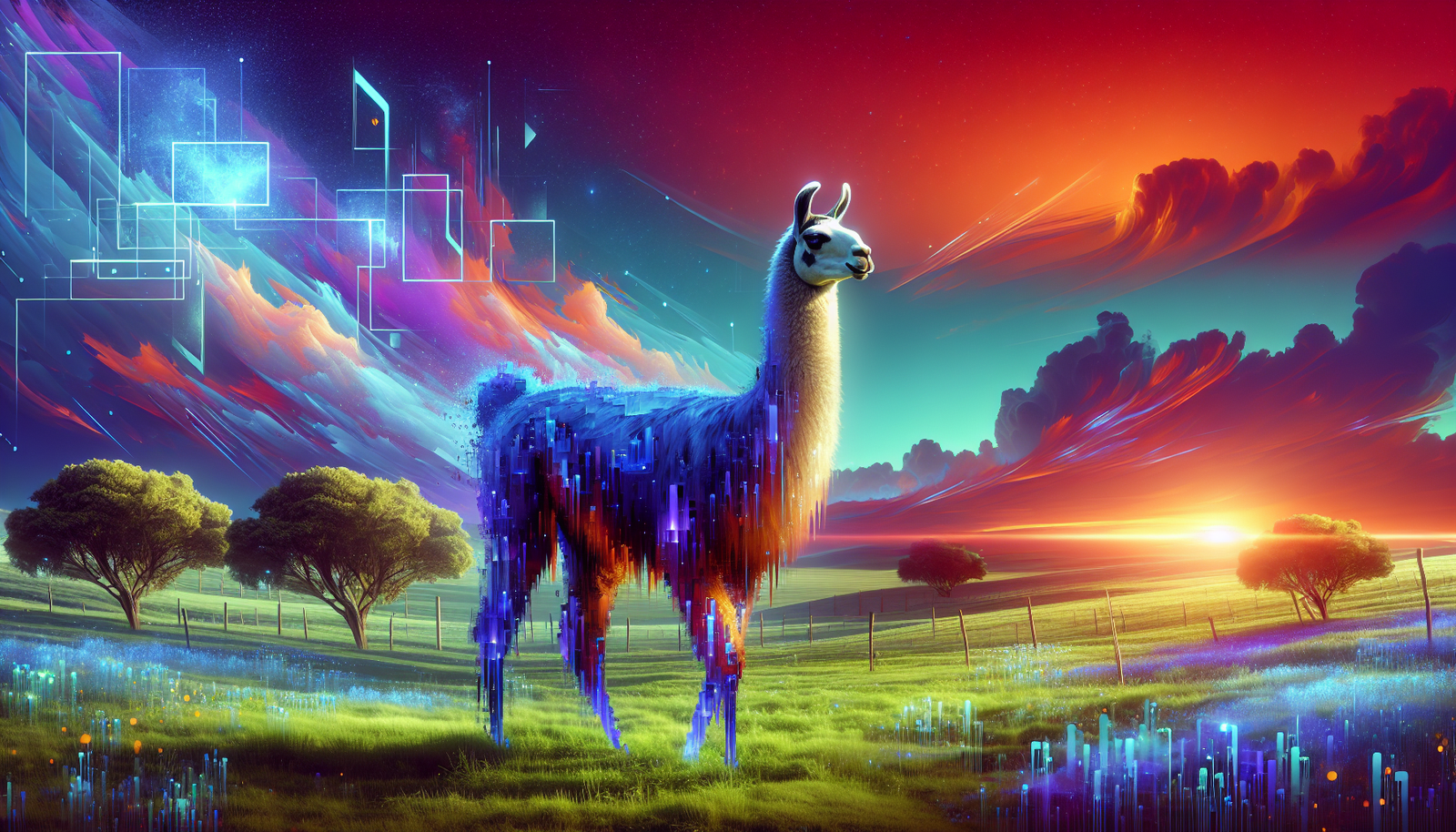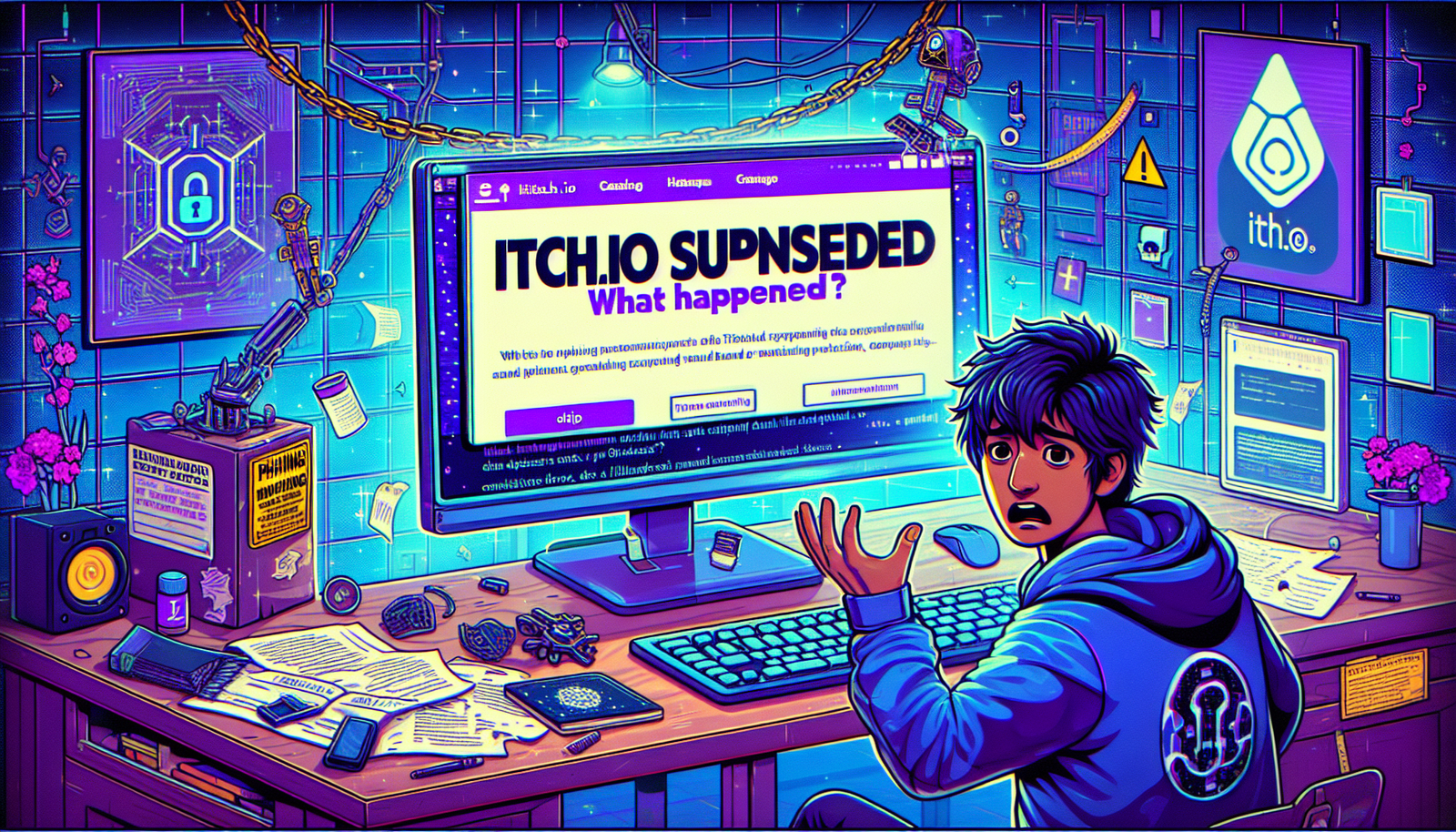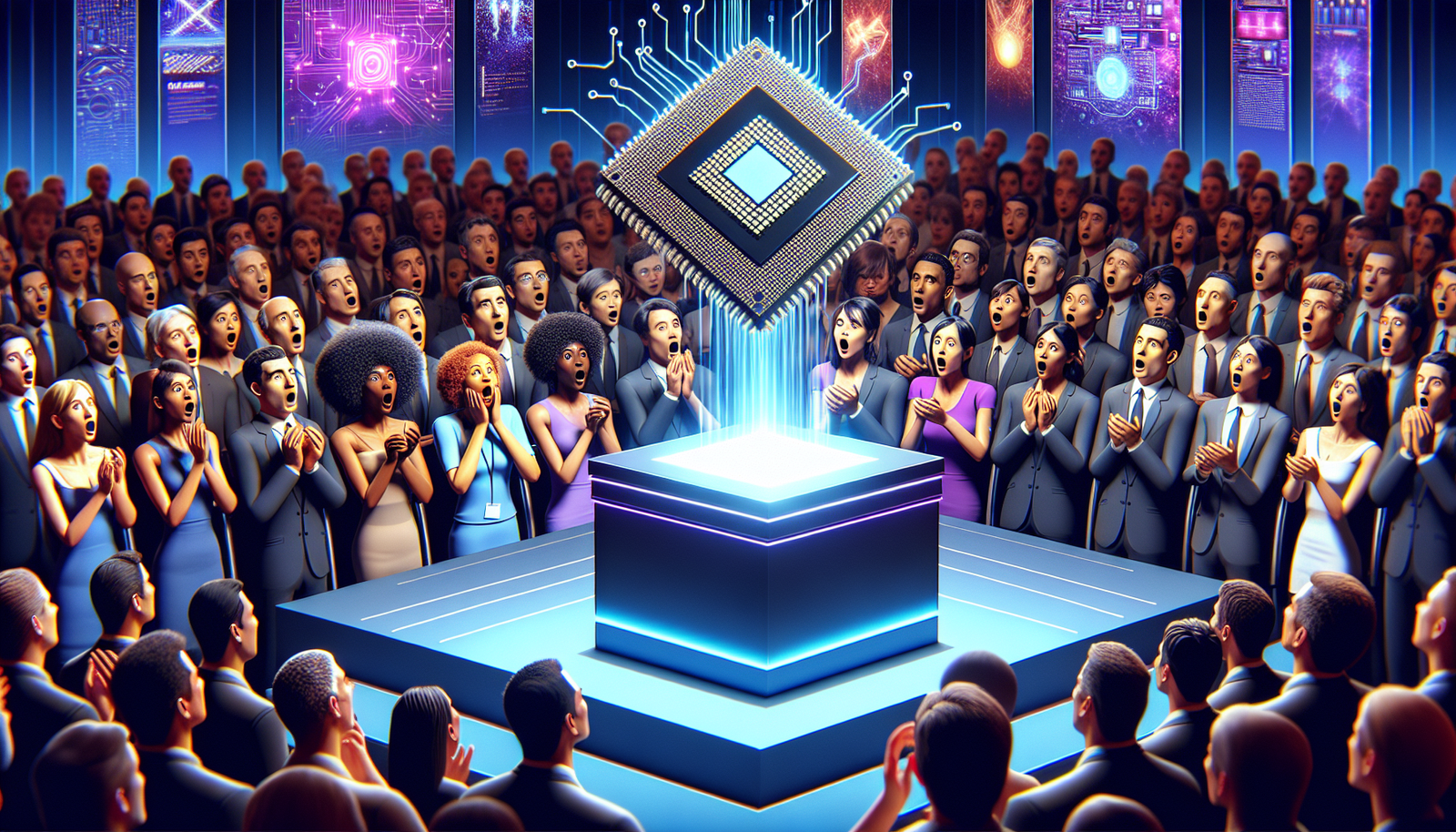Elon Musk, an emblematic figure of innovation, is engaged in a new legal battle against OpenAI, the organization he co-founded. This lawsuit, occurring after several internal disputes, calls into question the current direction of OpenAI. *Musk aims to defend* an original vision of artificial intelligence. The accusations concern an alleged abandonment of the *open source* principles of the organization, favoring commercial interests. *The stakes are high*: the quest for an artificial intelligence that truly serves the common good.
Elon Musk’s Lawsuit
Elon Musk recently filed a lawsuit against OpenAI, the organization that was born from his initiative. This legal action follows ongoing disagreements between Musk and the other co-founders, notably Sam Altman and Greg Brockman. The billionaire accuses the latter of betraying OpenAI’s original mission, which was supposed to focus on nonprofit technological developments.
Accusations Made by Musk
According to the filed court documents, Elon Musk points out that OpenAI’s cooperation with Microsoft violates the company’s founding agreement. Musk laments that the organization has abandoned its ethos of openness and accessibility, opting for a commercial structure that seeks to maximize profits. By demonstrating this break, Musk’s lawyers argue that OpenAI has not made the code for its latest model, GPT-4, public, thus violating the transparency agreement established at its inception.
The Origin and Transformation of OpenAI
Cofounded in 2015 by Elon Musk, OpenAI was intended to act as a counterbalance to giants like Google in the field of artificial intelligence. The founding ideas assumed that the organization would operate as a nonprofit entity, dedicated to advancing AI for humanity. However, recent partnerships, particularly with Microsoft, seem to have transformed this vision into a profit-driven race.
The Implications of the Microsoft Agreement
The billionaire argues that the agreement between OpenAI and Microsoft, amounting to 13 billion dollars, has distorted the original project. He specifically accuses OpenAI’s leadership of prioritizing financial gains at the expense of the social impact of their innovations. Consequently, Musk demands that GPT-4 no longer be considered exclusive technology reserved for a large corporation like Microsoft.
Musk’s Critiques of OpenAI
Since his departure from OpenAI in 2018, Musk has positioned himself as a vocal critic of the organization. He believes that OpenAI, having abandoned its core values, now poses risks of power abuse in the tech sector. His recent complaints indicate a desire to restore the ethical orientation that prevailed when the organization was established.
OpenAI’s Reactions
OpenAI, facing the accusations made by Musk, has already expressed its disagreement. Its leaders argue that transforming the organization into a profitable structure was necessary to ensure its financial viability and support ongoing innovations. Yet, these statements have not prevented Musk from bringing his grievances to the judicial arena.
Controversies and Legal Issues
This new lawsuit is part of a series of conflicts that Musk has engaged in with OpenAI. Legal concerns remain, particularly regarding the regulation of artificial intelligence technologies and the ethical implications of such an evolution. The debate surrounding rights and responsibilities in AI is thus reignited, with significant political and societal implications.
Future Perspectives and Implications
The stakes in this case could influence not only the fate of OpenAI but also the technological and legal landscape. Questions regarding transparency in the development of artificial intelligence are raised, and could potentially affect other companies operating in this field. OpenAI’s response to the filing of this lawsuit, along with its impact on public and investor perception, cannot be underestimated.
For more information on this subject, it is recommended to consult articles related to the evolution of AI governance, as well as the impact of decisions made by major companies like Microsoft in the digital ecosystem and copyright implications within the framework of AI. Frequent updates are essential to keep up with the rapid evolution in this domain.
FAQ Regarding Elon Musk’s Lawsuit Against OpenAI
Why is Elon Musk suing OpenAI?
Elon Musk accuses OpenAI and its co-founders of abandoning the original mission of the organization, which was to develop a nonprofit artificial intelligence that benefits humanity.
What are the main accusations made by Elon Musk in his lawsuit?
Musk accuses OpenAI of having broken the initial agreement regarding its nonprofit nature and of using its technologies, such as GPT-4, primarily for profit, particularly through its partnership with Microsoft.
What is GPT-4 and why is it controversial in this case?
GPT-4 is the latest model developed by OpenAI. Musk contests the fact that OpenAI has not made the code of this model public, stating that this goes against the initial principles of transparency and accessibility of the organization.
What are the implications of Elon Musk’s lawsuit for the future of OpenAI?
The lawsuit could affect how OpenAI operates, potentially slowing down its commercial projects and encouraging a return to its founding values, depending on the outcome of the legal proceedings.
How does this lawsuit impact Elon Musk’s relationship with OpenAI?
The lawsuit is a new act in a long-standing conflict between Musk and OpenAI, where he expresses his deep disagreement with the recent directions of the organization he co-founded and left in 2018.
What amount is Musk claiming in his lawsuit and what compensations could he potentially receive?
The specific financial details of the claim are not always made public, but Musk could seek financial compensation related to the alleged losses resulting from OpenAI’s current direction.
What are the potential consequences for Microsoft in this case?
Given its close partnership with OpenAI, Microsoft could also face consequences if the lawsuit proceeds, particularly regarding regulation or brand image.
What are legal experts’ opinions on the likelihood of Elon Musk’s lawsuit succeeding?
Opinions are divided; some believe the lawsuit has solid grounds, while others doubt its feasibility in a context where private companies enjoy a wide range of entrepreneurial freedoms.






